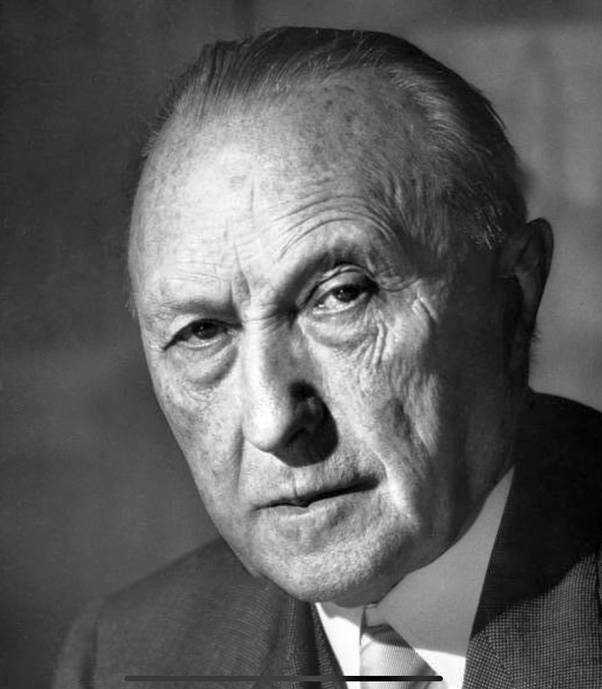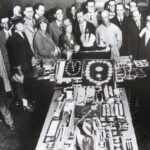Why was Bonn chosen as the capital city of West Germany? I would have expected Munich, Hamburg or even Bremen.
Why was Bonn chosen as the capital city of West Germany? I would have expected Munich, Hamburg or even Bremen. Bonn was chosen as the capital of West Germany (the Federal Republic of Germany) in 1949 due to a combination of historical, political, and symbolic reasons. The choice was somewhat surprising given its small size and relatively modest status compared to cities like Munich, Hamburg, or Bremen. Here’s why Bonn was selected:
Provisional Status:
The division of Germany after World War II was not expected to be permanent. Bonn’s selection as the capital underscored the temporary nature of this division. A smaller city was seen as less symbolic of a permanent split than a major city like Hamburg or Munich.
Avoiding Historical Associations:
Larger cities like Berlin, Munich, or Hamburg had strong historical ties to either Prussia, the Nazi regime, or other controversial aspects of German history. Bonn, by contrast, had a more neutral historical profile and no major association with Prussian militarism or the Nazi era.
Political Neutrality:
Bonn was a relatively small and unassuming city, which made it politically neutral compared to larger, more influential cities. This neutrality helped avoid exacerbating regional rivalries in the newly formed West Germany.
Proximity to Allies and Industry:
Bonn’s location in the Rhineland made it close to important industrial centers like the Ruhr region and accessible to France, Belgium, and the Netherlands, key Western allies. This proximity was strategically advantageous during the Cold War.
Konrad Adenauer’s Influence:
Konrad Adenauer, the first Chancellor of West Germany, played a significant role in the decision. As a native of nearby Cologne and a supporter of Bonn, Adenauer likely influenced the choice. His personal preference for Bonn’s location and symbolism cannot be understated.
Symbol of Modesty:
After the devastation of World War II and the atrocities of the Nazi regime, West Germany sought to present itself as a modest, democratic, and unpretentious state. Bonn, with its small-town charm, aligned with this image better than larger, grander cities.
The decision was debated in the West German parliament, with votes being cast between Bonn and Frankfurt (another contender). Ultimately, Bonn won narrowly. It remained the capital of West Germany until the reunification of Germany in 1990, when Berlin was reinstated as the capital.


